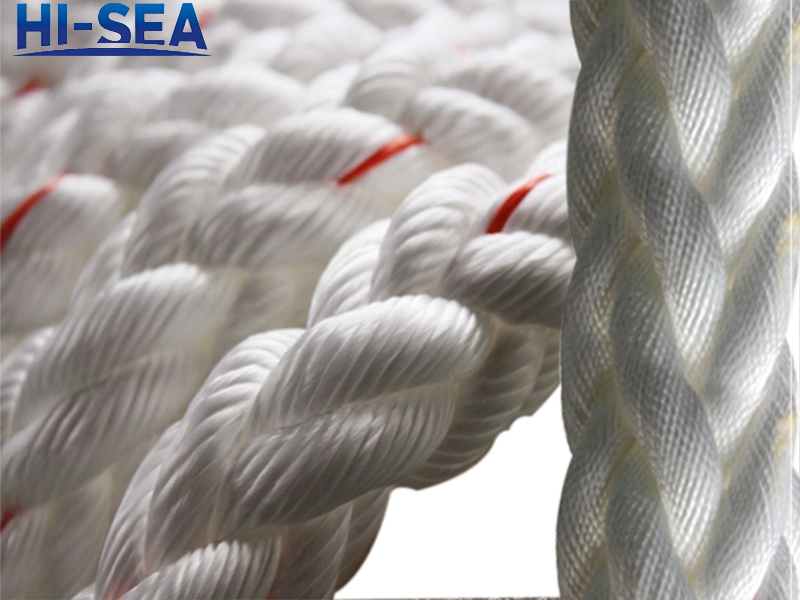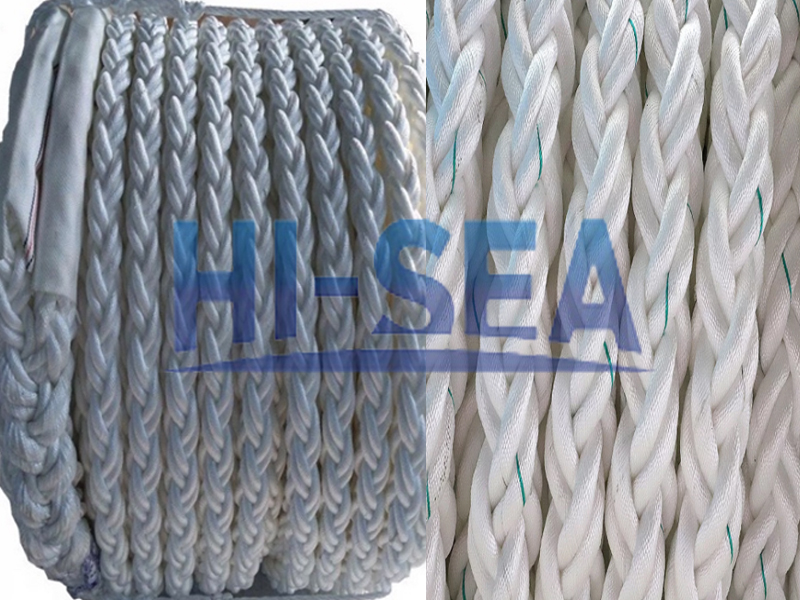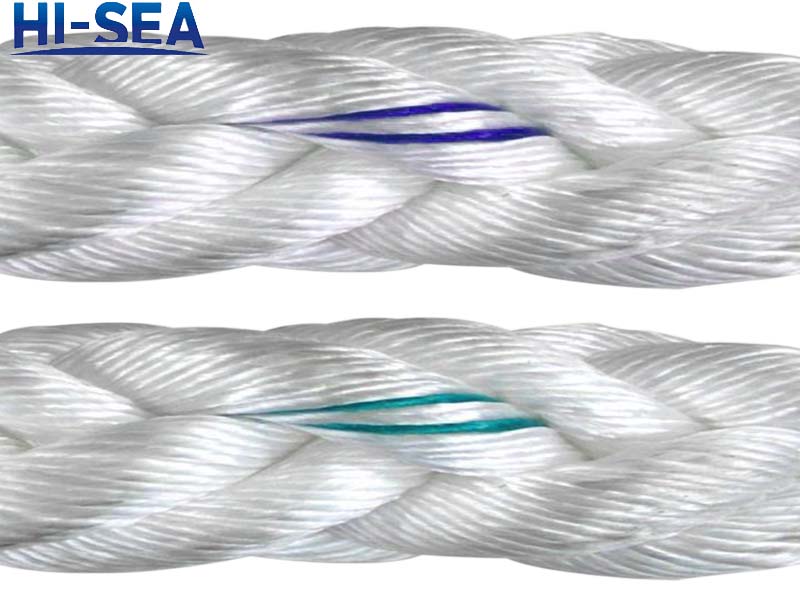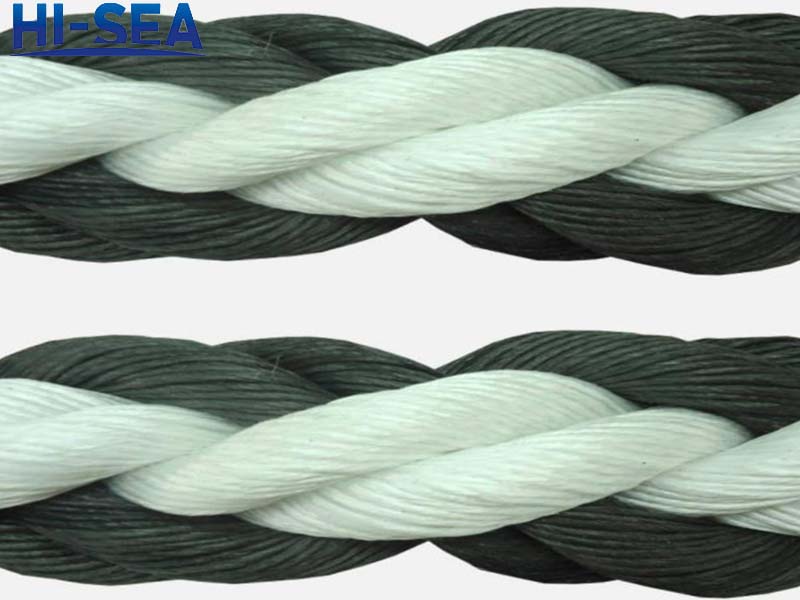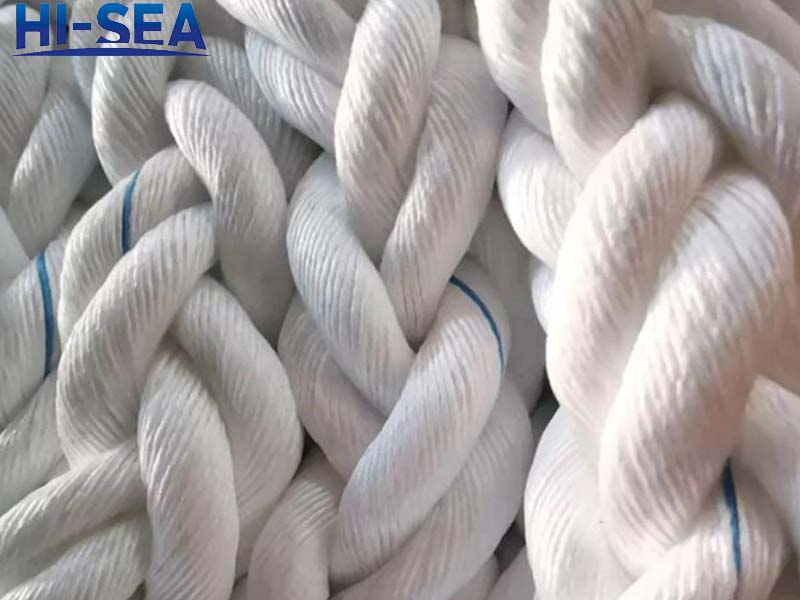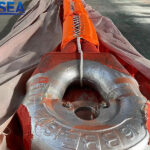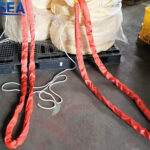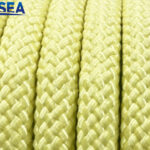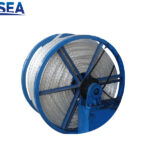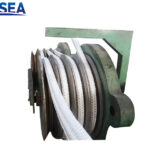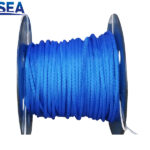Multifilament Rope, 8-Strand Rope, Polypropylene Rope
Description:
Multifilament rope is a type of rope that is made up of many thin, synthetic fibers, usually nylon or polyester, twisted together to form a single rope. These fibers are usually braided or twisted together in a way that creates a smooth, strong rope with good resistance to abrasion and UV radiation. Multifilament ropes are commonly used in various applications including marine, fishing, and industrial purposes.
An 8-strand rope, as the name suggests, is a rope made up of eight strands that are twisted together. These ropes are typically made from materials like polypropylene, nylon, or polyester and are commonly used in marine and industrial settings. 8-strand ropes offer excellent strength and are also resistant to abrasion and UV radiation, making them ideal for applications that require high durability.
Polypropylene rope is a type of synthetic rope made from polypropylene fibers. This type of rope is lightweight, flexible, and easy to handle, making it ideal for use in a variety of applications. Polypropylene rope is commonly used for tasks such as towing, tying down loads, and securing cargo. It is also resistant to mildew and moisture, making it a good choice for marine applications. However, it may not be suitable for heavy-duty or high-load applications as it has lower tensile strength compared to other types of rope.
Main Performance:
| Material |
Polypropylene fiber |
| Strands |
3, 8, 12 or as required |
| Color |
Different colors or as your request |
| Specific Density |
Approx. 0.91, Floating |
| Melting point |
Approx. 165℃ |
| Abrasion resistance |
Medium |
| UV resistance |
Medium |
| Chemical resistance |
Good |
| Packing |
Bags, standard export carton or as your request |
| Certifications |
ABS, CCS, ISO, NK, BV, LR, RS, etc. |
Excellent characteristics of polypropylene:
1. The relative density is small, only 0.89-0.91, which is one of the lightest varieties of plastics;
2. Good mechanical properties, except impact resistance, other mechanical properties are better than polyethylene;
3. It has high heat resistance, and the continuous use temperature can reach 110-120℃;
4. Good chemical properties, almost no water absorption and no reaction with most chemicals;
5. Pure texture and no toxicity;
6. Good electrical insulation;
7. The transparency of polypropylene (PP) products is better than that of high-density polyethylene products.








